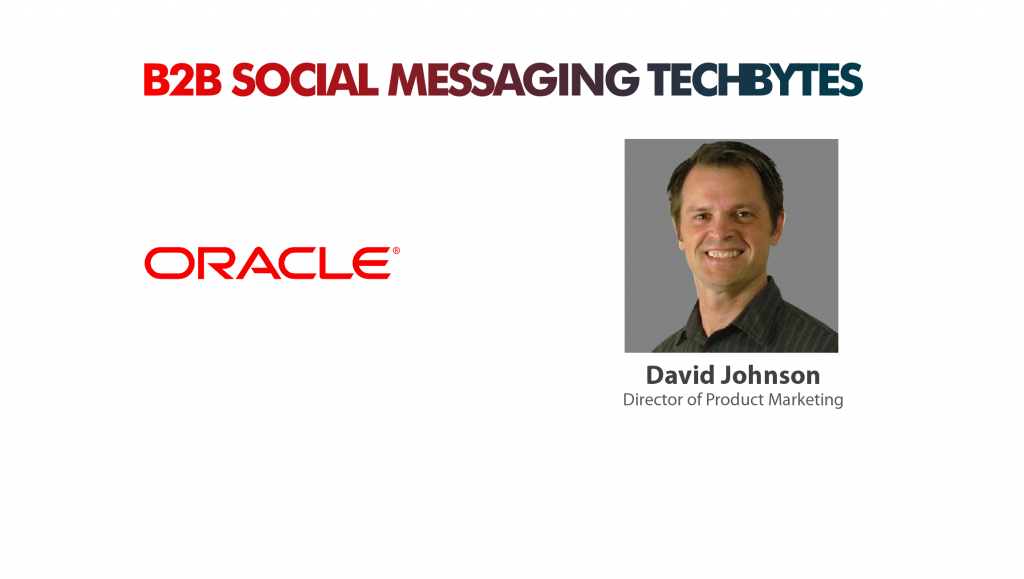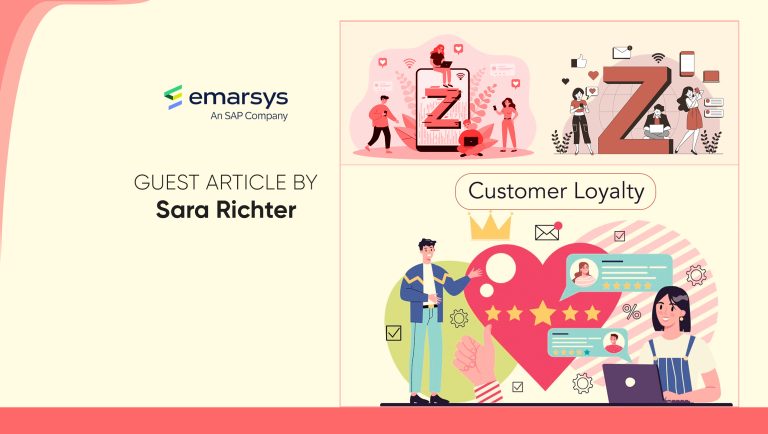
David Johnson
Director, Product Marketing, Oracle
Last month, Oracle announced their integration with WeChat, enabling marketers to directly deliver connected and personalized experiences. We chatted with David Johnson, Director of Product Marketing at Oracle, to understand the B2B features of the Eloqua-WeChat integration and how this partnership would take brands closer to the customers via a popular social messaging platform like WeChat.
MTS: What are the B2B facets of the Oracle-WeChat integration?
David Johnson: There are a couple of benefits for B2B companies. For any company currently headquartered in APAC and actively seeking their ideal customers in the Chinese market, this provides a great opportunity to connect with potential buyers on the social media platform they use most. Second, for any global company looking to expand their footprint into the Chinese market, this is the perfect opportunity to create a new channel through Oracle Eloqua, part of the Oracle Marketing Cloud, and to do that most effectively.
This integration is also just as effective for B2C companies. We currently have several customers in APAC who use Oracle Eloqua for B2C marketing
MTS: Would this integration push the boundaries of customer experience and social selling?
David: This absolutely pushes the boundaries of social selling. We are the first global marketing automation platform to have an integration of this sophistication with WeChat. As of August 2017, WeChat has over 963 million users on their platform. This is a huge market that has been virtually inaccessible for marketing automation until recently. Being able to increase brand recognition and capture ideal buyer interest that can be used to augment buyer profiles and leads to more customers is a huge focus for any marketer.
MTS: How would this enable Oracle to become a stronger data-first company and resolve pain points in customer identity management?
David: By supporting engagement over this channel, it broadens our ability to capture profile and behavioral data for B2B marketers. Now profile data from the most common channels for global marketers can be unified within Oracle Eloqua.
MTS: How do you see social messaging platforms playing a role in bringing customers closer to their preferred brands?
David: Most buyers in today’s world expect to be able to access information on the brands they are interested in most on their preferred social media platform. Whether it’s on WeChat, Facebook, LinkedIn or Twitter, people follow the companies they are passionate about to keep up to date on the latest and greatest or to be educated on new trends, whether for business or pleasure.
MTS: How would personalized messaging experiences integrate with existing Data Management and CRM models?
David: Whether targeting anonymous or known users, this integration enhances Oracle’s ability to provide the most granular level of detail necessary for marketers to be able to create personalized experiences.
MTS: Thanks for chatting with us, David.
Stay tuned for more insights on marketing technologies. To participate in our Tech Bytes program, email us at news@martechseries-67ee47.ingress-bonde.easywp.com
























